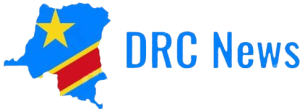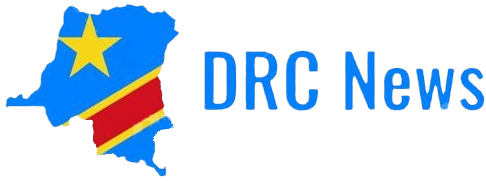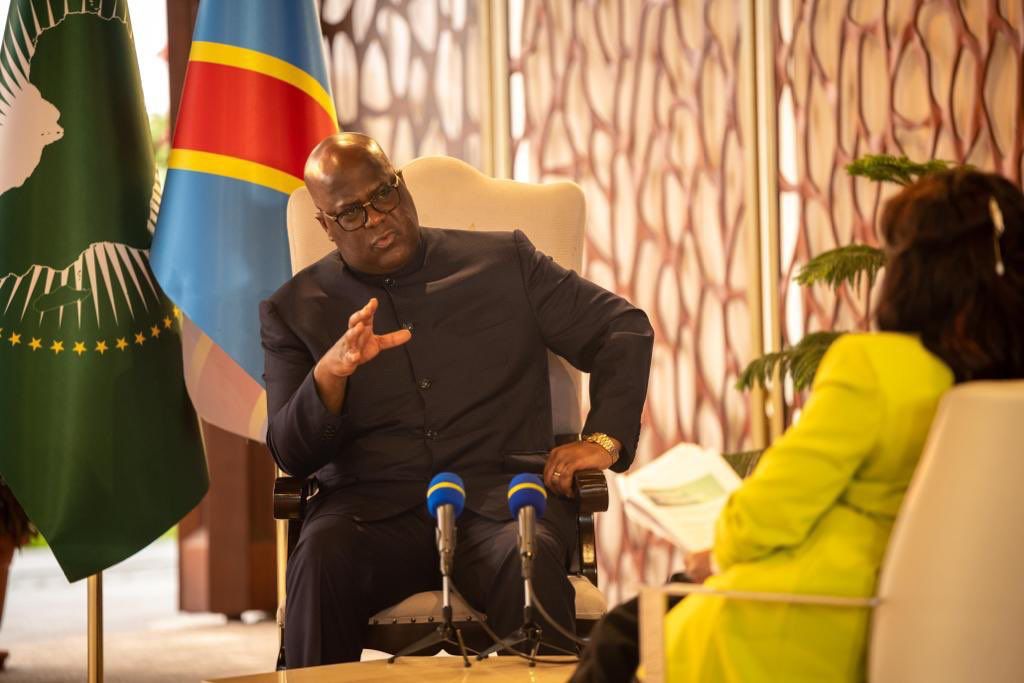President Felix Tshisekedi opened a fresh page of his battles with Rwanda President Paul Kagame describing him as a coward who was taking advantage of the Democratic Republic of Congo in the eastern parts of the country.
Speaking in an interview with his spokesperson, Tshisekedi says; “The Rwanda army has only taken advantage of our weaknesses. It is not that it is brave, nothing like that.”
Tshisekedi says Kagame and Rwanda should be sanctioned by the international community for sponsoring the M23 rebel group to destbalise the DRC.
As Congo goes to the polls, the M23 and Kagame remain one of President Tshisekedi’s headache.
THE EAST AFRICAN STANDARD REPORTS
M23 and Kagame
Rwandan President Paul Kagame may be both a source of Tshisekedi’s headache and tonic.
When he came to power in January 2019, Tshisekedi managed to go against his predecessor Joseph Kabila’s policy and tried to mend relations with neighbouring countries such as Rwanda. He invited President Paul Kagame to the funeral of his father Etienne Tshisekedi in May 2019 in Kinshasa, to the surprise of some people.
Initially, President Kagame warmed up to Tshisekedi as they sought security and trade cooperation. According to Rwanda’s National Institute of Statistics, in 2017, cross-border trade between Rwanda and the DRC generated $100 million, and up to 90,000 people cross the common border every day.
In one meeting, both men vowed to work together to overcome the rebel groups that operate in the jungles of eastern DRC.
In March 2019, Rwanda and the DRC signed a bilateral air service agreement to bolster trade and movement of citizens. This culminated in RwandAir launching its maiden direct flight from Kigali to Kinshasa in April, a route that was expected to ease the movement of goods and travellers.
In May 2019, as relations between Rwanda and Uganda remained frosty, Rwanda turned to the Congo for trade.
But, on May 29, 2022, the DRC suspended its flights, forcing RwandAir to cancel the route schedules to Kinshasa, Lubumbashi and Goma. Today, the Kigali-Kinshasa is operated by Uganda Airlines via Entebbe and or Kenya Airways via Nairobi.
Rwanda and the DRC have not always been friendly. Their armies clashed at the border during Joseph Kabila’s reign. Yet Kabila rarely accused Kigali in public, as Tshisekedi has been doing lately.
Kabila was also considered by Kigali as reluctant to kick out FDLR rebels, who have lived in eastern DRC for close to three decades. Among these rebels are individuals wanted for their role in the 1994 Genocide against the Tutsi.
But the M23, a group Kinshasa has labelled terrorist, is to blame for the current rocky relations and DRC has been accusing Kigali of backing it.
Last month, a UN group of experts gave credence to Kinshasa’s assertions, noting that Kigali has been supporting the rebels through troop reinforcement, equipment and command, and named at least five active top commanders of the Rwanda Defence Forces as coordinators.
But Kigali, while dismissing the UN report as based on “questionable evidence and unreliable sources”, was quick to acknowledge a part of it that “confirms the serious threat represented by the Kinshasa-backed genocidal militia FLDR, and their newly increased capacity to threaten Rwanda’s security.”
Most of the time, suspicion and feeling of need has driven both sides. In February 2021, for instance, a bilateral meeting between Rwanda and the DRC was convened in Kigali to review security matters and forge a way forward in dealing with security threats affecting both countries.
On June 26, 2021, Presidents Kagame and Tshisekedi met in Goma as part of bilateral quest for promotion and protection of investments, avoidance of double taxation and tax evasion and gold mining cooperation to ensure its traceability in DR Congo.
A signed deal then allowed Congolese company, Société aurifère du Kivu et du Maniema (Sakima SA), and a Rwandan firm, Dither Ltd, to mine and refine gold in the DRC “in order to deprive the armed groups of the revenue from this sector.”
But about a year later, Kinshasa suspended all agreements with Rwanda, over the M23 falling-out.
Some Congolese still blame him for his rapprochement with the Rwandan leader while others laud his bravery in publicly denouncing Rwanda, unlike his predecessor. Yet the resurgence of violence breaks one of his promises: Getting permanent peace for the Congolese.
Now, Kinshasa is refusing to negotiate with the M23, despite a push this week by South African President Cyril Ramaphosa, and an inclusive idea fronted by the East African Community that all parties be involved in dialogue this time.
This week, the Facilitator of the Nairobi Process, former Kenya president Uhuru Kenyatta, hinted all groups were back to the table.
And Ramamphosa, on a trip to Kinshasa on Thursday urged Tshisekedi to open talks with the rebels.
“We need to find a framework for negotiation. And President Tshisekedi has never been against negotiation,” he told a joint press briefing.
But President Tshisekedi was adamant: “Everybody knows that Rwanda is backing the M23, despite its denials and the various documented reports by United Nations experts; this country lives off this war of aggression against the DRC to feed its economy. Rwanda’s strategy consists of pushing the DRC to negotiate with M23, while fomenting dissidence.”
Thousands have died and millions displaced. Tshisekedi will have a daunting task convincing the easterners his role in the insecurity and failure to end the war which has disturbed livelihood in that part of the country.


